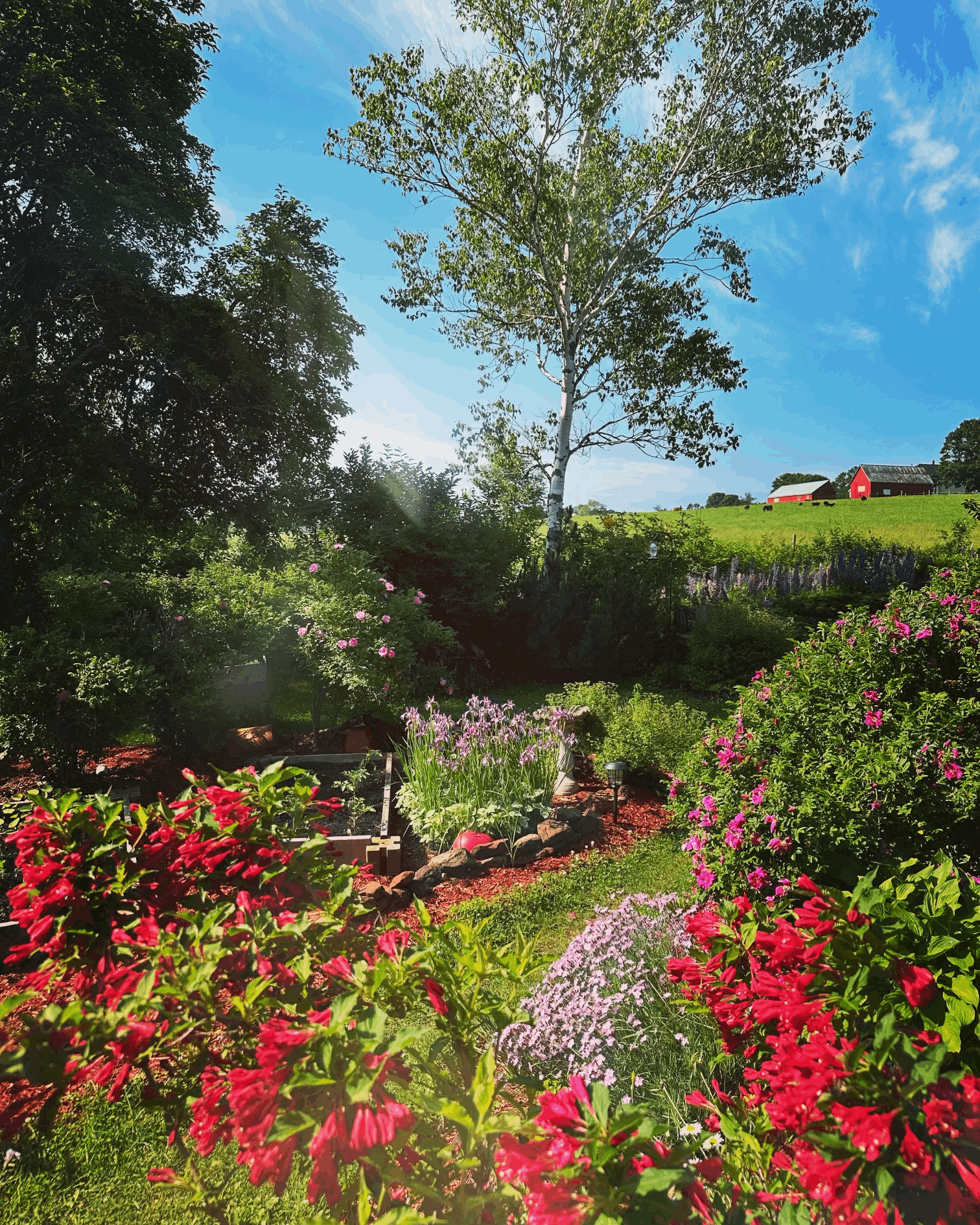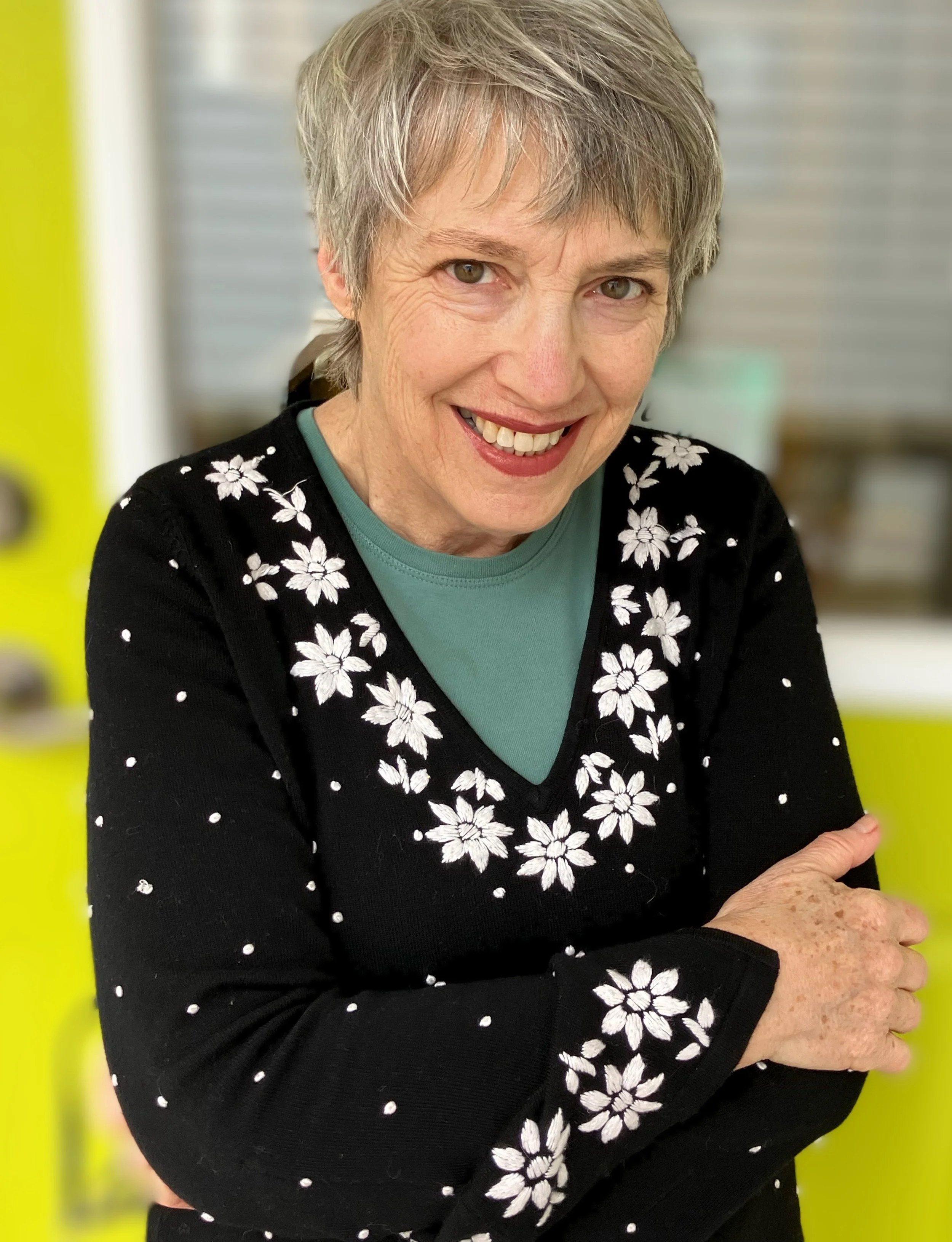Vanessa Bradley is one of two full scholarship winners to our 2021 Hideout residency program. Vanessa joined us at The Hideout in June. We had the chance to speak to Vanessa more about her writing, why residencies are so important, and her time at the Hideout.
Vanessa R. Bradley (she/her) loves reading and writing, but specifically fantasy novels and poetry. She is currently working on a new novel about magic and cemeteries that takes place on Prince Edward Island, as well as a collection of poetry about the meaning of flowers. She and her wife moved from South Carolina to PEI mid-pandemic and have both thoroughly fallen in love with this incredible Island. She has been published with Tilted House, Blank Spaces Magazine, and On Loan from the Cosmos. You can find her on Instagram @v.r.bradley and on Twitter @vanessarbradley.
_____
Tell us more about your own interests and preoccupations as a writer. And how does writing fit into the rest of your life?
I write poetry and fiction, and the fiction that I write tends toward fantasy. As a writer, my interests are always growing and changing. I have always felt that you can see the change in my style in my poetry, and the growth in my writing and worldbuilding in my novels. Writing has always been a really central aspect of my life, and something I've fought to fit in, even when things are "too busy to write." Even when I'm in a writing slump, I still describe myself as a writer.
Why are residencies and retreats important for writers?
Residencies and retreats are essential for writers (and not everyone has the privilege to have them!). They offer an opportunity to dig deeper into writing, to take time that we do not normally get in the day-to-day grind, and to learn more about themselves and about their process. Digging out time during a busy day to write can often feel like a waste of time (when you could be doing the dishes that have been sitting for weeks!), and I found that my writing residency really reminded me of the importance of writing for myself and for my mental health.
Can you share more about the project you worked on during your time at the Hideout?
I worked on a novel that I was only about three chapters into when I arrived at the Hideout. I have had the idea for a story like this for years, but it didn't come into fruition until I moved to PEI, and then the pieces began to fall into place. It is a fantasy novel that takes place on the island, where the main character has started a new life as she has left her old, oppressive position working with the organization that oversees magical use in the United States. While she's on the island, her old life catches up with her. The story has cemeteries and bone magic and it focuses on the power of community.
What were the highlights of your time at The Hideout?
The time that I had to consider my novel and my characters was such a highlight. I had been a bit stuck with the plot, and by day three I realized I had to give it a huge overhaul. I took the time to dig into what I wanted to do, what I wanted my themes to be, and what I felt the story was missing. Now that I have those (rearranged) bones of the plot, I feel so much more confident in my writing in my day-to-day. I also had the time to edit what I already had to fit into the new route I wanted my novel to take, and I was able to continue writing with a renewed sense of excitement. Other highlights included: sitting on the porch and journaling to start my day, the gorgeous sunsets, the hospitality of Trevor and Joshua, and the fact that I could nap whenever I wanted and write late into the night.
Any tips for other writers considering their first residency experience?
Two tips: 1) Don't judge yourself and 2) trust in the process. It's so easy to feel like you are not "doing enough," but you are doing just what you need. Most mornings, I didn't write, but rather I stared out into the fields and drank several cups of tea. That thinking time is also such an important part of the process, which doesn't always involve typing away for hours on end. Let the process come to you, if that's your thing, and it will reveal itself.









